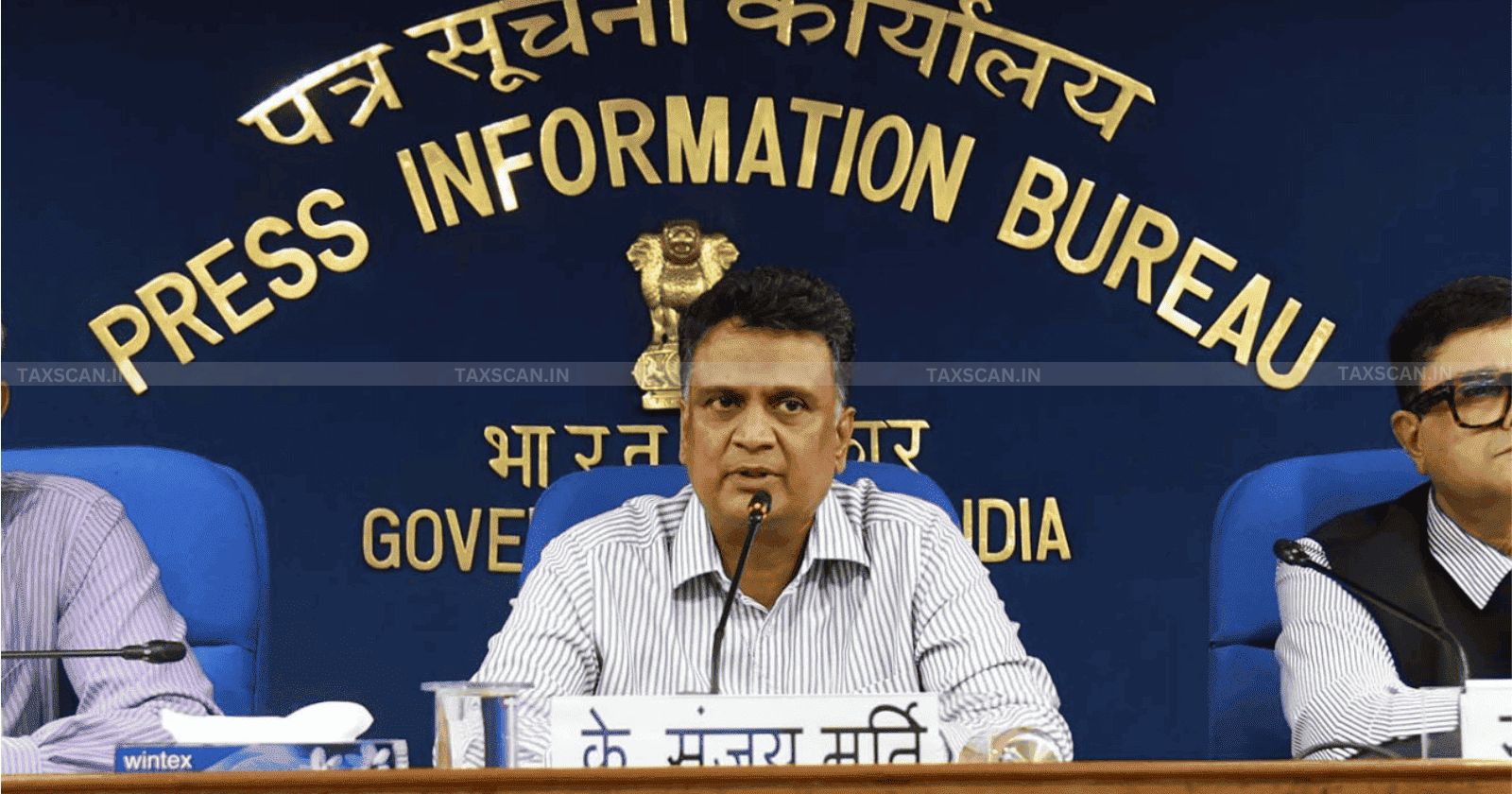K. Sanjay Murthy appointed as New CAG of India [Read Notification]
K. Sanjay Murthy, succeeds Girish Chandra Murmu. Mr. Murthy is the 1989 batch currently serving as the Secretary of the Department of Higher Education in the Ministry of Education

K Sanjay Murthy – New Comptroller and Auditor General – CAG – New CAG of India – New CAG as K Sanjay Murthy – Taxscan
K Sanjay Murthy – New Comptroller and Auditor General – CAG – New CAG of India – New CAG as K Sanjay Murthy – Taxscan
The President has appointed K. Sanjay Murthy as new Comptroller and Auditor General ( CAG ) of India and is expected to assume his office soon. The official confirmation of the same was conveyed through the e-gazette by the Department of Economic Affairs under the Ministry of Finance on 18th November 2024.
K. Sanjay Murthy, succeeds Girish Chandra Murmu. Mr. Murthy is the 1989 batch currently serving as the Secretary of the Department of Higher Education in the Ministry of Education.
Become a GST Pro - Basic to Advanced Course
“By virtue of the power vested in her by clause (1) of article 148 of the Constitution of India, the President has been pleased to appoint Shri K. Sanjay Murthy to be the Comptroller and Auditor General of India with effect from the date he assumes charge of his office”,stated the official notification.
The Article 148(1) of the Constitution of India empowers the President to appoint the CAG of India. The words of the Article is “(1) There shall be a Comptroller and Auditor-General of India who shall be appointed by the President by warrant under his hand and seal and shall only be removed from office in like manner and on the like grounds as a Judge of the Supreme Court.”
The CAG of India is appointed by the President of India through a formal warrant that bears the President's hand and seal. The officer can only be removed from office in the same manner and for the same reasons as a Supreme Court Judge.
The appointed CAG must take an oath or make an affirmation before the President of India or an authorised representative, as per the form detailed in the Third Schedule of the Constitution before taking charge.
Become a GST Pro - Basic to Advanced Course
The CAG is responsible for performing duties and exercising powers concerning the accounts of the Union ( central government ), States, and any other specified authorities or bodies as defined by laws enacted by Parliament.
Until such specific laws are passed, the CAG will continue to fulfil the duties and exercise the powers previously vested in the Auditor-General of India before the Constitution came into force in 1950, covering the accounts of the Dominion of India and its Provinces.
To Read the full text of the Notification CLICK HERE
Support our journalism by subscribing to Taxscan premium. Follow us on Telegram for quick updates


